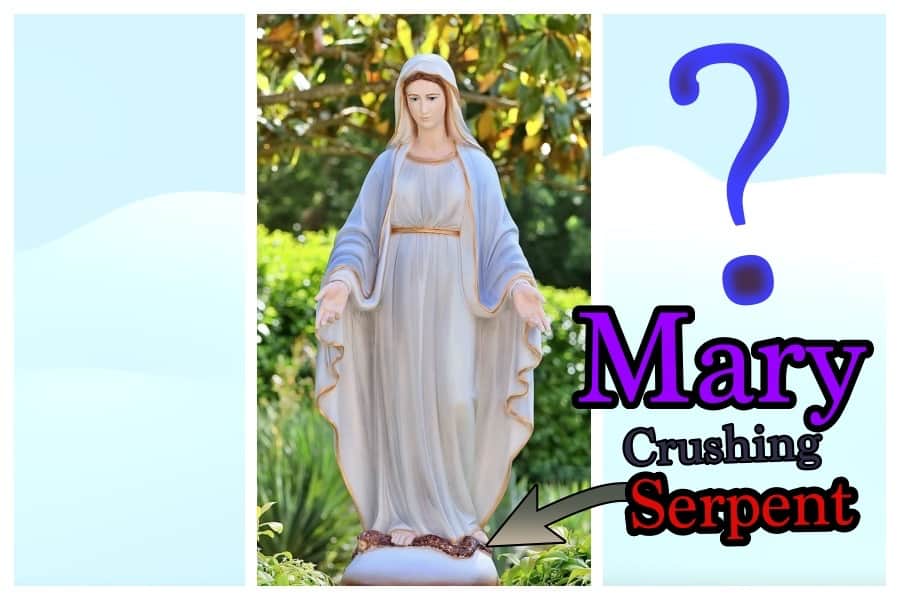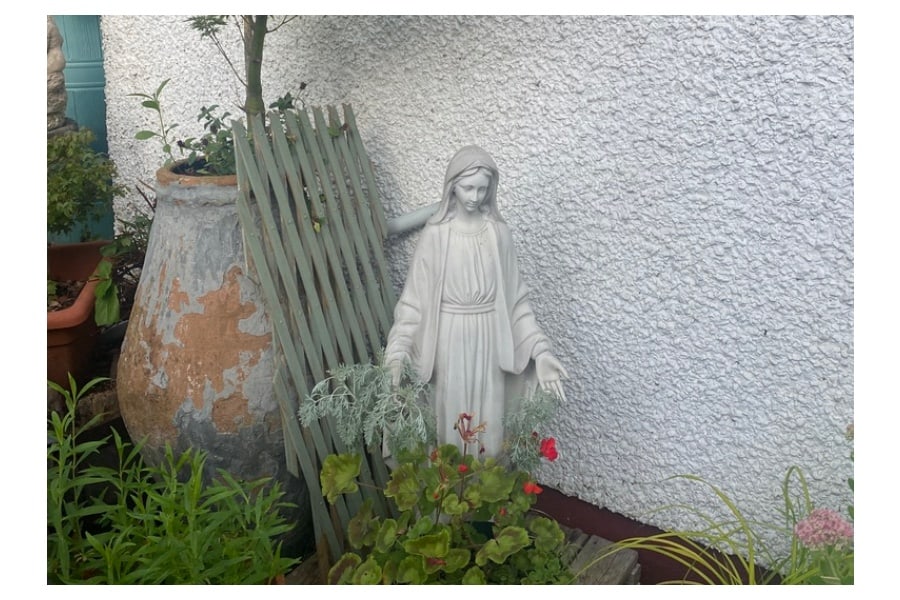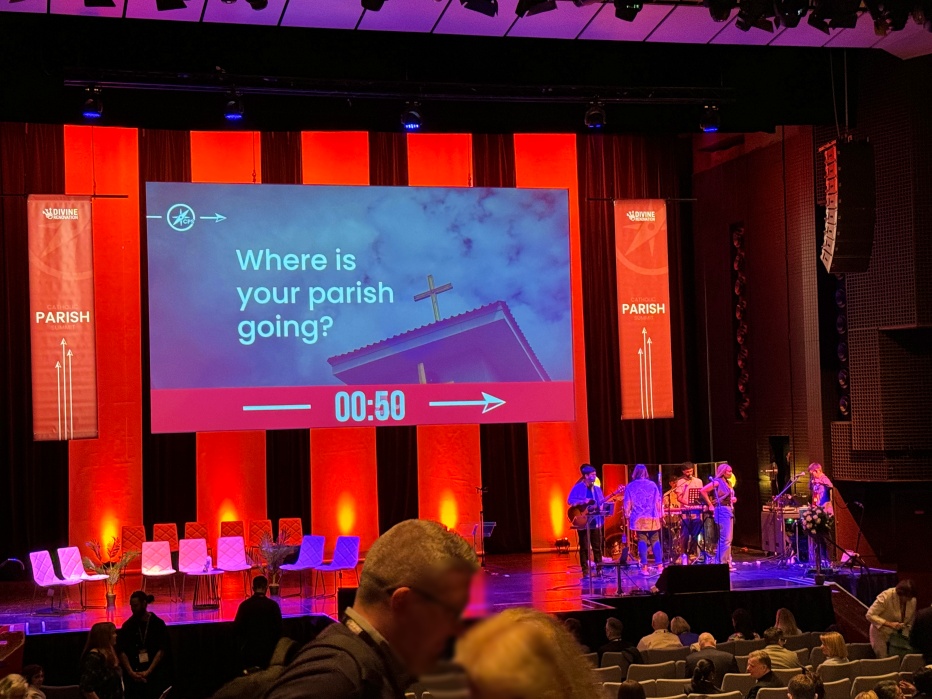
Do you want to know where your parish is going? This archetype question can renew our focus, commitment, and engagement. But I admit it is challenging to offer perfect answers for all situations. Your parish may be different—intentional, inspirational, and innovative—or you would like it to be better than it is now.
Moving Parishes from Maintenance to Mission
I was in Harrogate, England, from June 12 to 14, 2024, to attend the “Catholic Parish Summit,” an international conference attended by participants from 19 different countries and over 230 parishes worldwide.
You are reading this because you are deeply convinced that your parish matters more than ever. You don’t have to be a priest, pastoral worker, bishop, ministry leader, or even a Catholic to desire to return to the apostolic core and bring more people to faith in Jesus.
The author of chaos
There is a sense – our parishes are lost, people are restless, and communities are suspicious of other immigrant groups. The desperation is getting deeper, the flood bigger and we are reaching out for dry land.
Our parishes can sometimes feel like this—what worked in the past no longer seems to work. People tend to be delusional and comfortable in how things are—this is a tragic place for any parish. But that is not the whole story: “The Spirit of God was moving over the face of the waters” (Genesis 1:2).
Dr Hannah Vaughan-Spruce led the keynote session on how the life of Jesus in our parishes is more potent than the contextual flood, and the Holy Spirit is already bringing parishes back to life.
The seven-day work of God’s creation holds the key to moving the parishes from maintenance to mission. It’s from casting a mission, building evangelising initiatives, forming leadership teams, enhancing Sunday experiences, and becoming the leader you are before seeking the divine day of rest (Genesis 1:1-27).
Will your parish be noticed if it is gone?
You opt to renew and revive your parish. It is in taking action that your parish will not be submerged in the flood. Renewal is pruning the branches to allow the fruitful ones to grow. The simple things matter. Unless we encounter Jesus, there can be no change in ourselves, in our parishes – to be holy is to be saints. The other stuff is to network with neighbouring and even overseas parishes and faith communities to create a difference in society.
Leading with Hope and Vision
The focus is not on strategies, five-year plans, and to-do lists. Fr. James Mallon, the author of Divine Renovation, spoke about clear vision, recognising obstacles that obscure the God-given passion in your heart.
Fr James Mallon draws a 10-point vision process based on Jesus’s healing of the blind man at the pool of Bethsaida. Clear vision is a turning point. Although maintenance is a divine mandate, its primary focus is missional. The mission is not what we are but who we are.
We don’t see like the blind man, often getting lost in busyness—victims of a tyranny of urgency. Without clear sight, we fail to delegate things we are passionate about. We must acknowledge that we cannot do it alone—we need intercessors and an experience of intimacy, as Jesus looked at the blind man. Vision may be discussed in the board room but is profoundly personal and spiritual. Vision is the fruit of healing.
Two essential sayings of Fr. James Mallon struck me: Leadership is the art of disappointing people at a rate they can accept, and cynicism is the ability to tolerate hope in others’ lives. Look at another saying: leaders often fear disappointing the flock and fail to see hope in unnoticed congregational members. Have you heard of Imagination Deficit Disorder? Get out of your boxes to avoid succumbing to it.
Clarity of vision is a process. We need to taste and see. Vision needs to achieve miracles. Dream about what God can do. We must do our part, play hard, and look hard.
Where do leaders look for healing?
Leadership is demanding, exhausting, and even toxic. It can take a toll, and leaders can become discouraged and often opt for the path of least resistance. Sr. Miriam James Heidland spoke about the importance of healing, self-leadership, and rest — and how these things make leaders that last.
The definition of kindness, Sr Miriam said, is not niceness. Kindness is tender strength. We are on a healing journey to make our hearts like Christ. We are not on the healing joinery to fix ourselves, control others, or return to the old self.
We can admit that life is not perfect. However, only intimate contact with the heart of Jesus heals the hardness of the heart. Trauma is a Greek word for wound. Every culture has a way to express trauma. Healing is an ongoing encounter that brings us to wholeness and communion.
Does your parish count?
Countless people are hungry to know Jesus. Do they know your parish exists? Everyone in our pews has a rescue mission to seek out the lost. But alone, it is hard. What would it look like if our parishes lived and breathed mission communally, as an identity, and lived it as a culture? How radically would our neighbourhoods be transformed? Rev. Stephen Foster says missional parishes transform the Church and the world.
Two narratives. Which one you choose?
There seem to be two narratives in our parishes. Firstly, everything is going down – it’s getting worse. The second narrative is a time of fantastic opportunity – we live in a time of accelerated change.
In the post-Christian context, people deconstruct from faith, pews become empty, and context is challenging. The recurring theme is that everyone is going to fail. Parents ask what we have done wrong that our children are no longer attending Church.
In the pre-Christian context, people asked questions like who Jesus was. People who came to seek Jesus had no one in their circle of influence who was a Christian. Things went viral very fast. People were ready to take risks. This created a gap between those seeking faith and those practising faith. Young people either led or left.
Holy Encounters: Transforming Sundays for Mission
Hospitality, hymns, and homilies — the three main touchpoints of the typical Sunday experience. How can you leverage these 3Hs to foster a deeper reliance on the Holy Spirit, orient your parish towards the mission, and use them as a gateway to evangelisation?
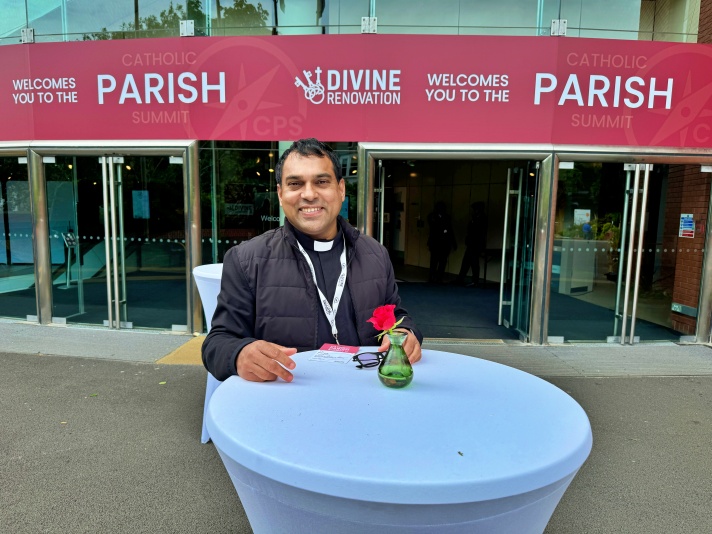
About the Author
Feroz Fernandes, a Catholic Missionary, identifies himself as an Uncommon Priest. Father Feroz loves adventure in the apostolate. Check out his debut book The Uncommon Priest: Incredible Stories You Never Read. And also, the YouTube Channel: Feroz Fernandes promotes a better understanding of scripture.
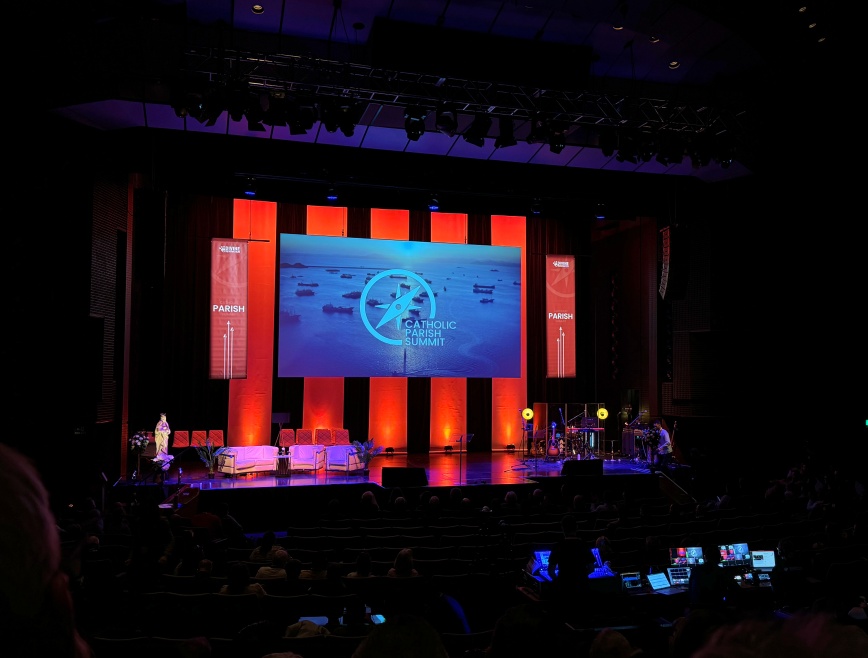
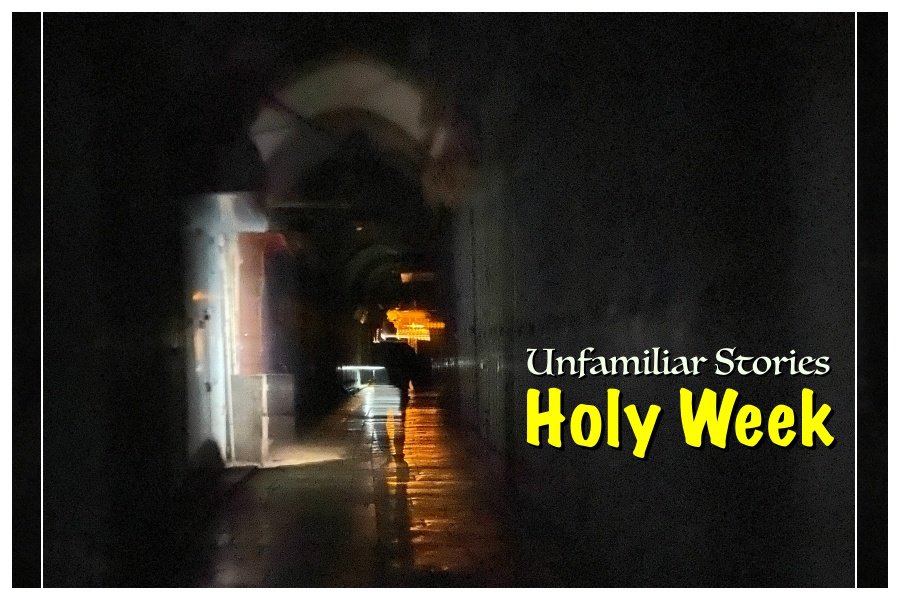
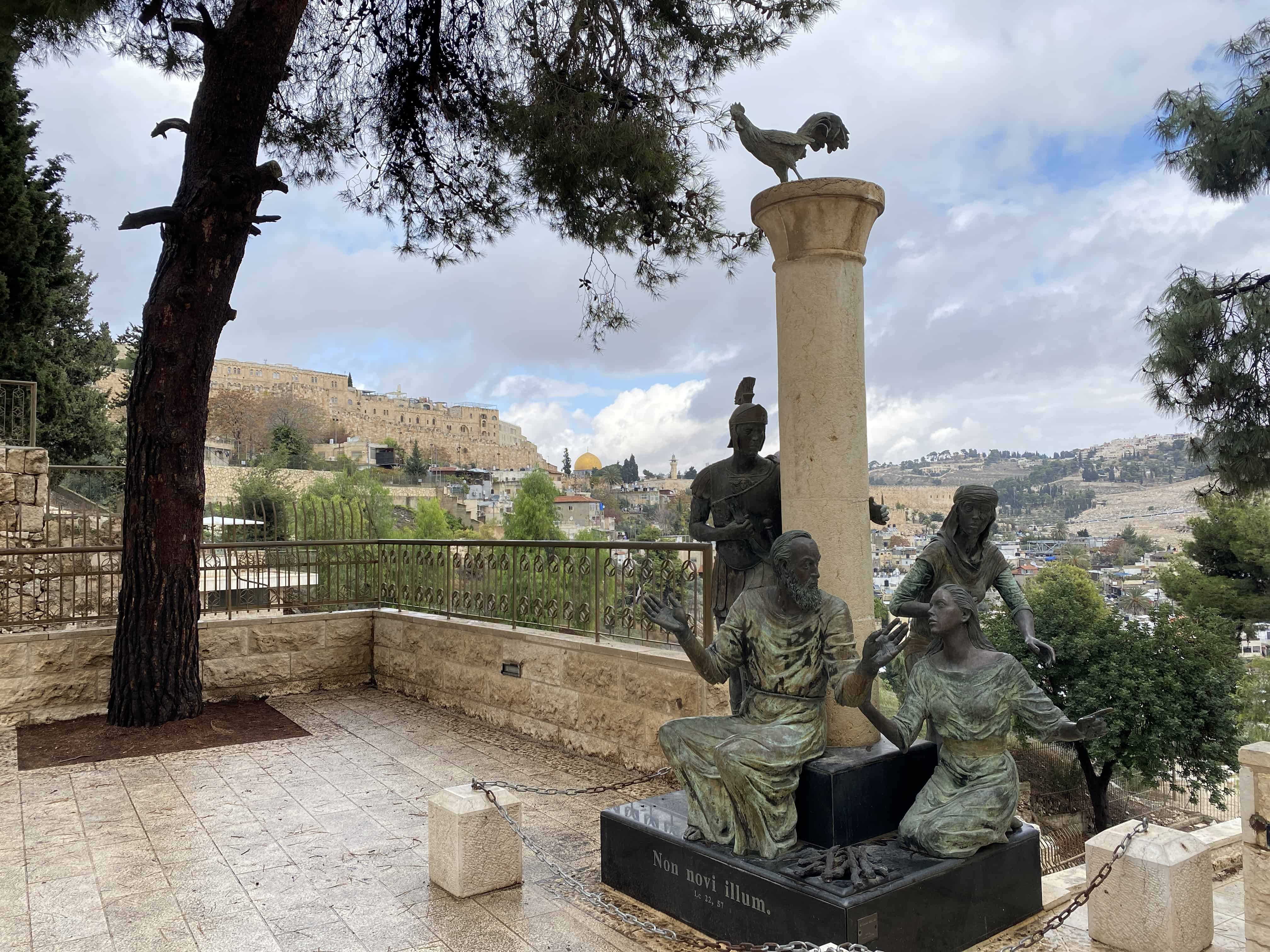
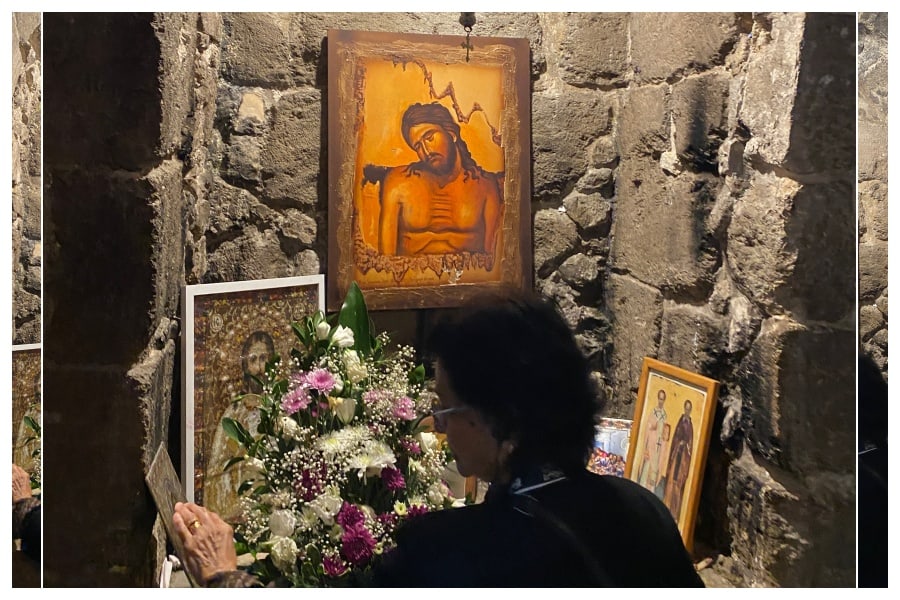
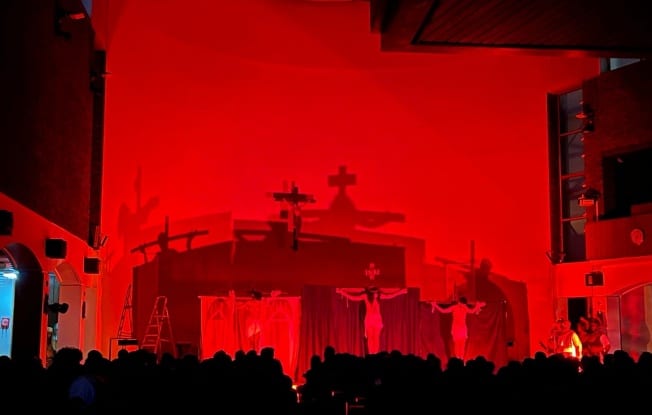
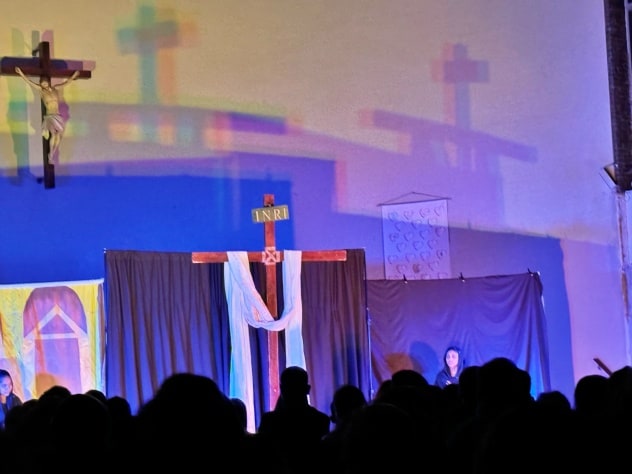
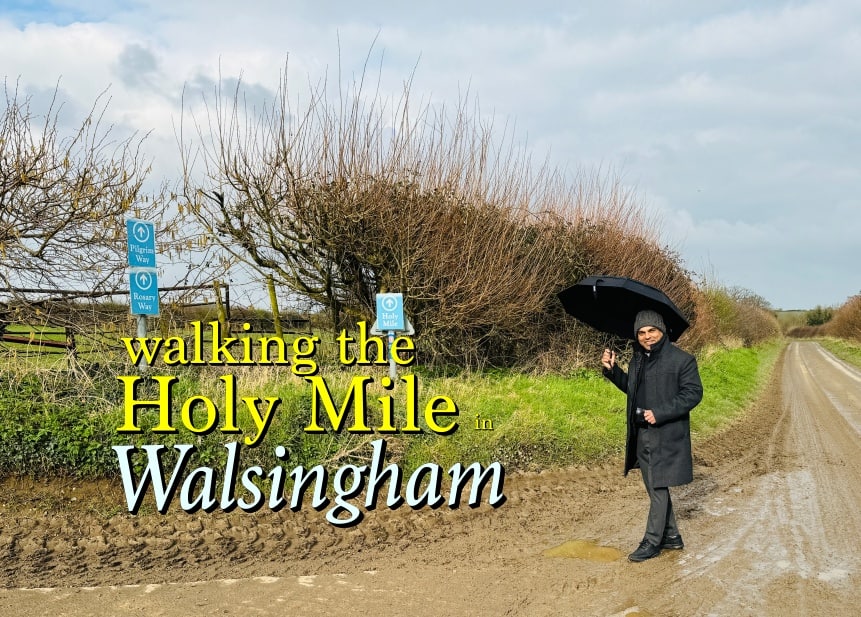
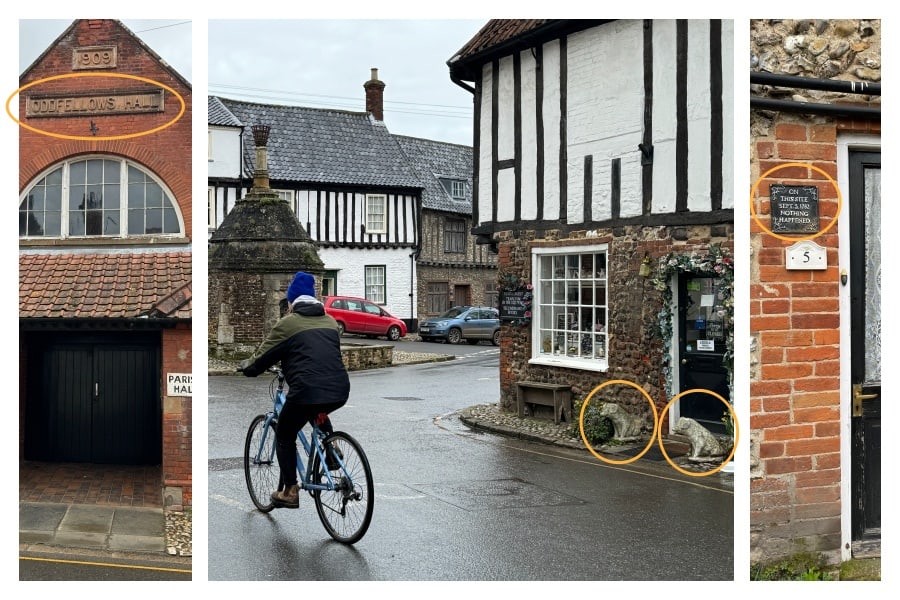
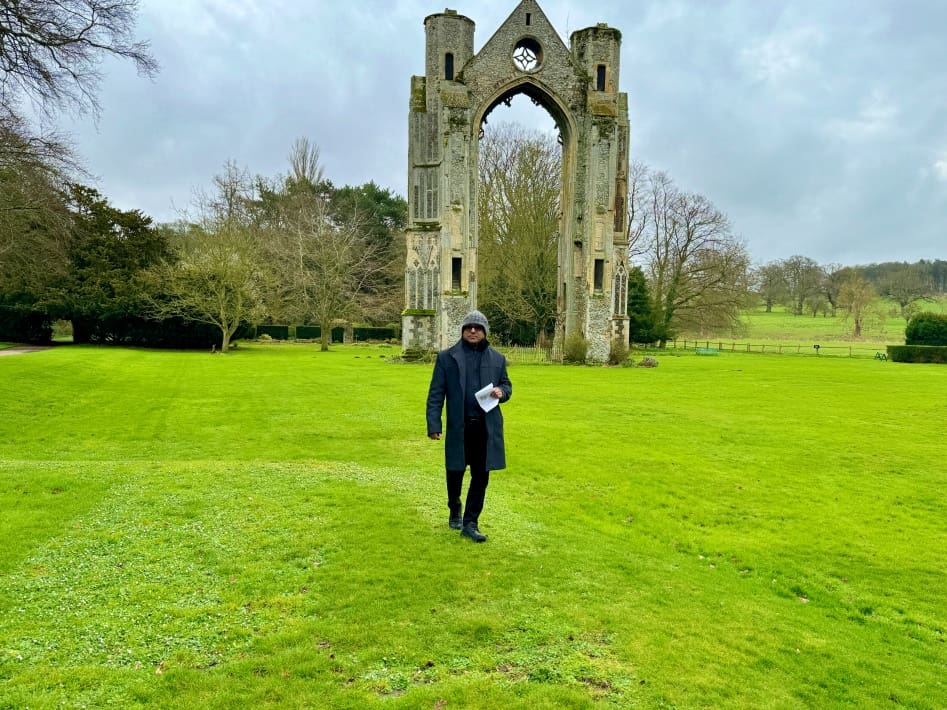
 I need to catch up on the birds in the lush green sanctuary of nature at
I need to catch up on the birds in the lush green sanctuary of nature at 